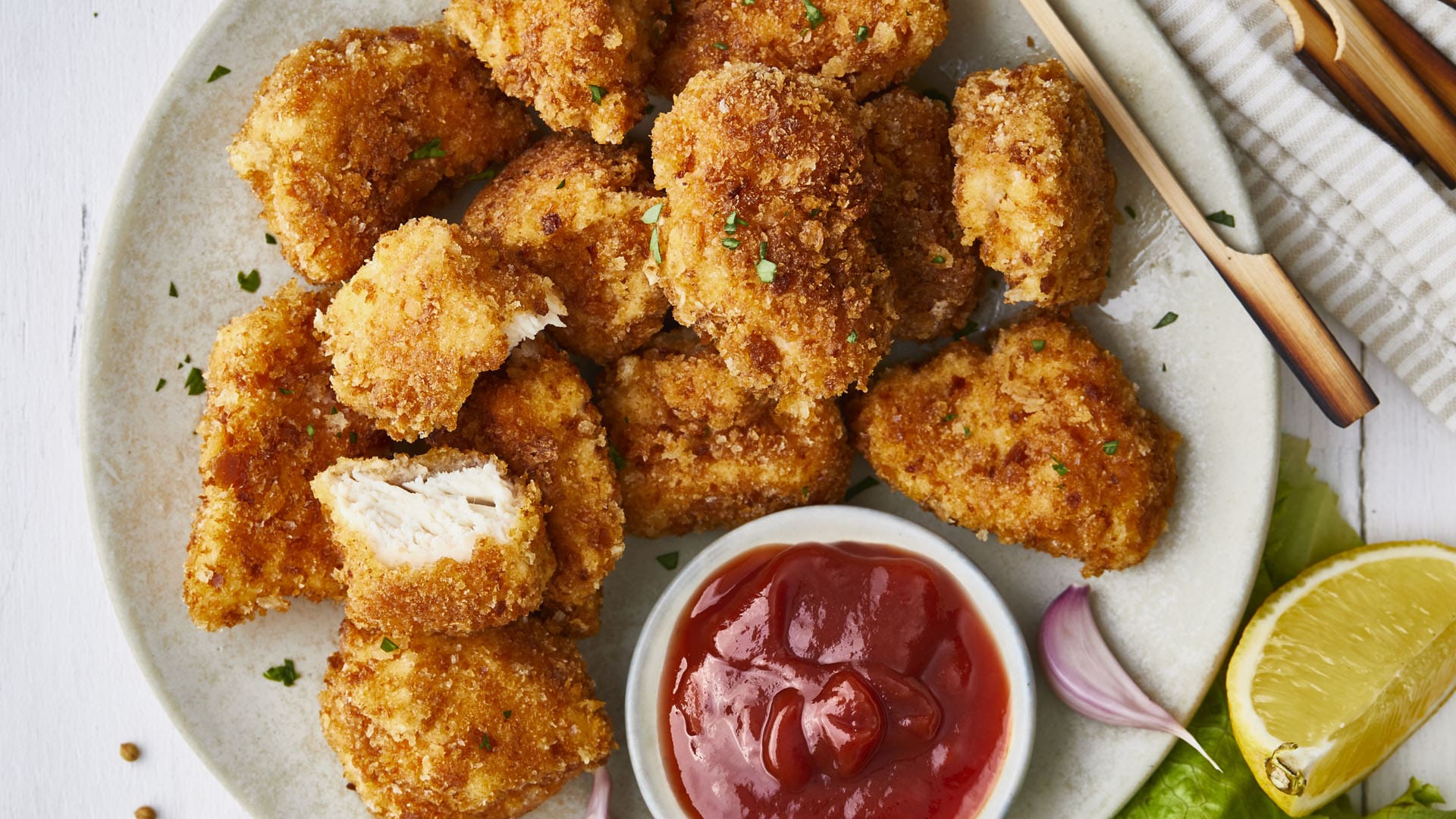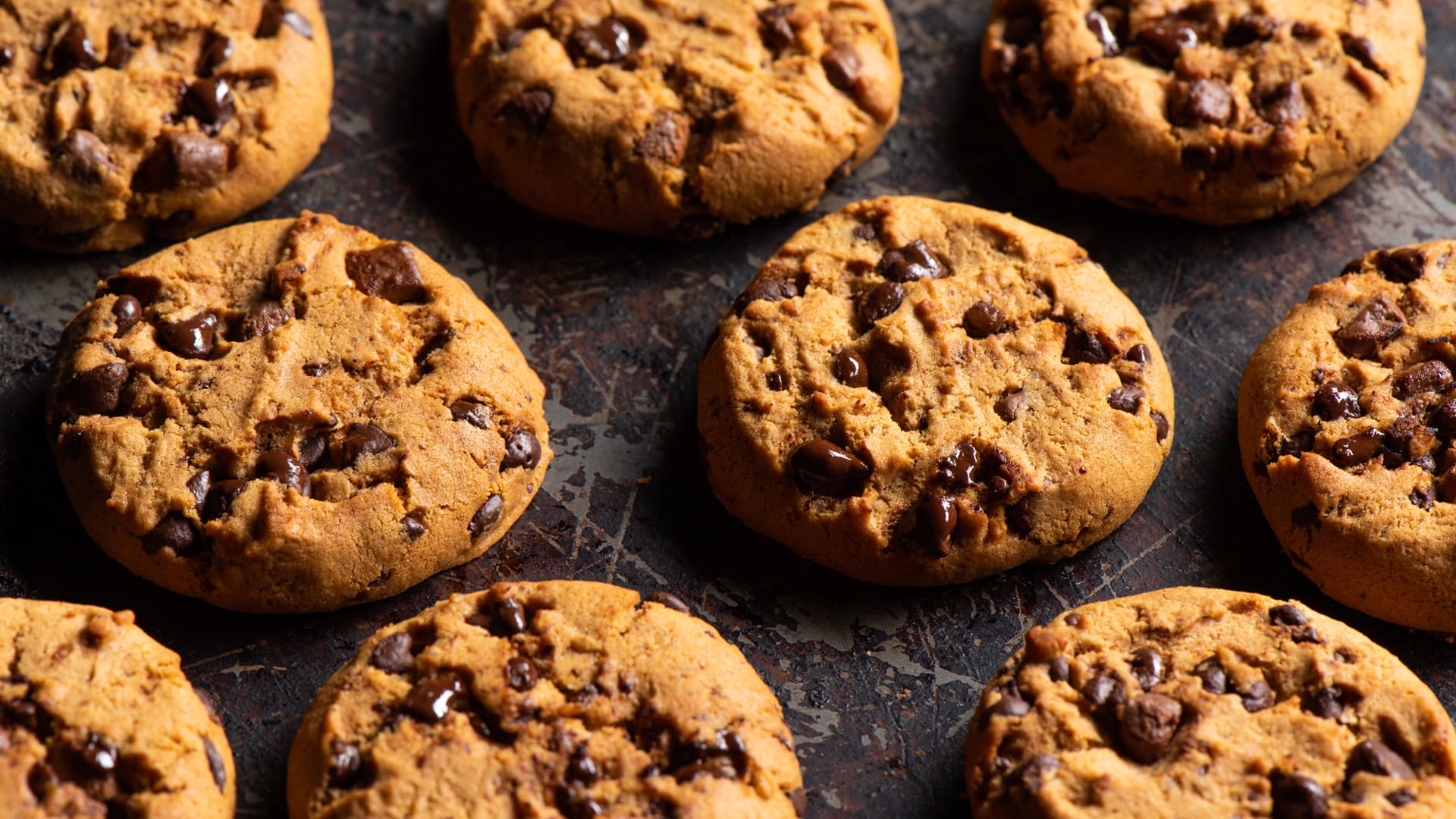Internationally, there are different approaches to allowing oats in the gluten-free diet. In places that do allow oats, only those free of gluten contamination (‘pure’ oats) are recommended for people with coeliac disease, as standard commercial brands of oats are often highly contaminated with wheat gluten. Australian and New Zealand food law does not currently allow oats to be labelled ‘gluten free’; this remains unchanged.
Coeliac Australia acknowledges that oats provide a range of nutritional benefits which may outweigh the potential risk of including them in a gluten-free diet. We recommend an individual approach in collaboration with your medical specialist and dietitian.
Oats are a nutritious grain that offer a range of nutritional benefits.
The addition of pure oats to a gluten-free diet can help boost fibre intake, enhance food choices and provide a range of beneficial nutrients including quality protein, soluble and insoluble fibres, vitamins and minerals. Oats have been associated with a range of positive health effects on metabolism and cardiovascular disease risk markers such as cholesterol, body weight, and blood sugar control in diabetes.
Including pure oats can help to improve the quality and variety of your gluten-free diet and may even enhance your quality of life.
Pure oats are safe and well tolerated by the vast majority of people with coeliac disease.
The term ‘gluten’ is used to describe the grain storage proteins from wheat, rye and barley that are toxic to people with coeliac disease. There is a similar protein in oats called avenin. However, oats are less toxic to people with coeliac disease because there is not much avenin in oats, and the avenin present is less likely to trigger harmful immune responses compared to wheat, rye and barley.
A very small number of people with coeliac disease do react to pure oats.
Studies show that most people with coeliac disease can safely tolerate pure oats and do not develop adverse symptoms or intestinal damage. Adverse effects, such as unpleasant symptoms or intestinal damage, are estimated to occur in less than 5-10% of people with coeliac disease.
Introducing Pure Oats.
If you are considering introducing pure oats to your gluten-free diet, it is important you discuss this with your medical specialist and dietitian. There is currently no way to predict which people with coeliac disease will tolerate or react to pure oats so individual medical advice and follow-up is recommended.
Which oats?
Only oats specially-produced to be free of wheat, rye and barley contamination can be suitable for those with coeliac disease. There is currently no legislation in Australia mandating what these uncontaminated oats should be called. This can make it difficult to confidently identify oats that are suitable.
In Europe, the UK and North America, oats can be marketed as ‘gluten free’, if there is no measurable contamination with wheat, rye or barley.
Because oats cannot be labelled as gluten free in Australia, some producers use terminology such as ‘wheat free’, ‘low gluten’, ‘uncontaminated’ or ‘pure’. These claims are not regulated and do not necessarily mean the product is suitable for someone with coeliac disease wanting to trial oats. For example, ‘wheat free’ may be used on a product where rye and/or barley contamination may still be an issue.
Coeliac Australia is currently seeking information from relevant oat producers about the suitability of their product for those with coeliac disease and measures taken to manage cross contact. These statements will be available on our website as they become available. If you wish to trial oats, we encourage you to use this information to help you select a suitable oat.
Health Advocacy Officer
Please read our oats frequently asked questions for more information
Revised: September 2023





